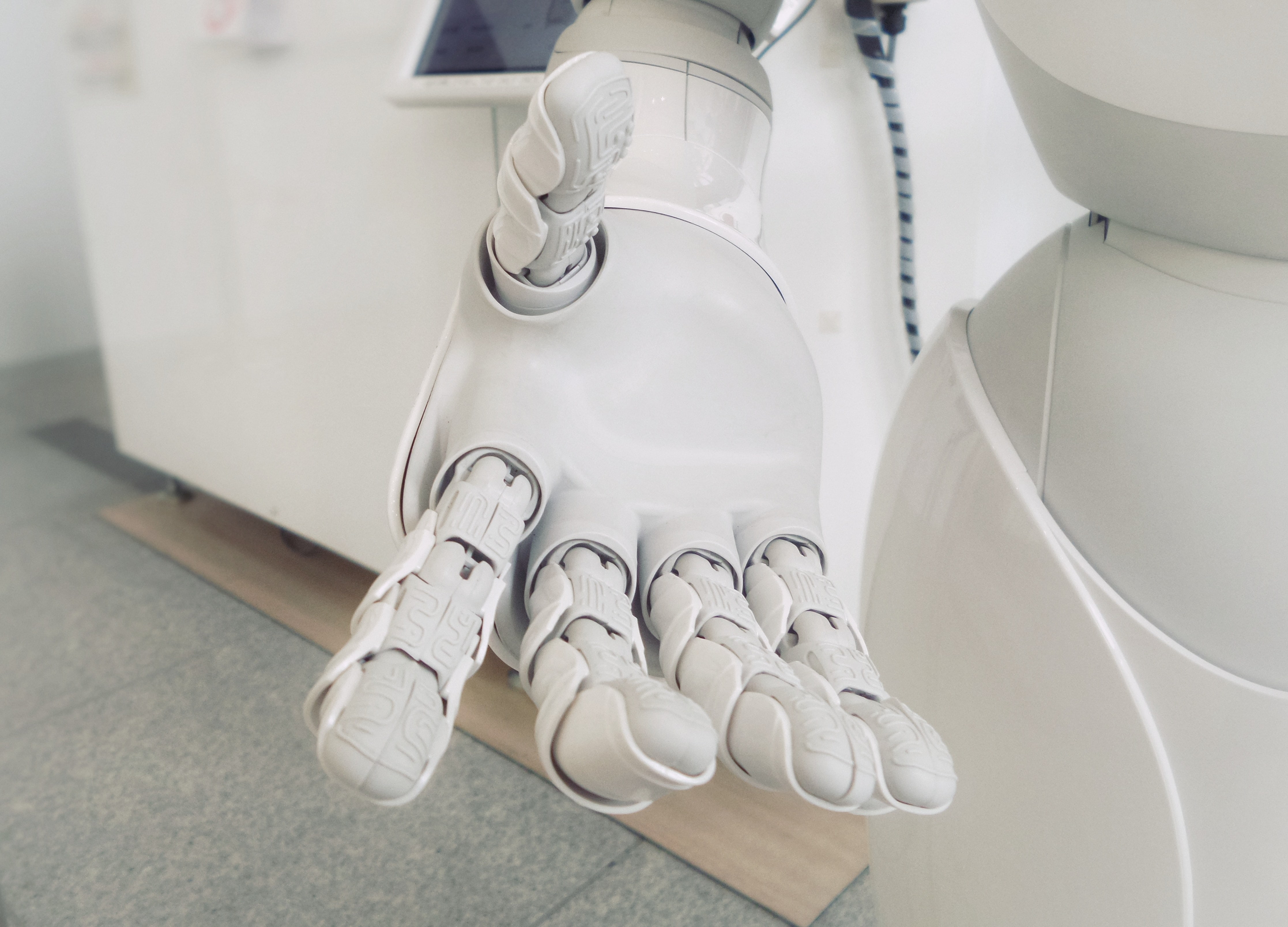Saudi Arabia hackathon for agricultural technology aims to develop entrepreneurs

Saudi Arabia are in the process of developing a new generation of agriculture entrepreneurs and they have made another step forward with the launch of a hackathon to foster innovation in the sector. The first edition aims to improve efficiency in the Kingdom’s agricultural sector in line with Saudi Vision 2030. The Qassim International Hackathon for Agricultural Technology aims to find technical solutions for the challenges facing the sector in pest control through the use of data and artificial techniques to combat pests. More than 150 people from Saudi Arabia, the Gulf and the Middle East have registered for the hackathon. They will present their ideas to a jury and three winners will receive financial rewards: first prize will receive SR50,000 ($13,300), second SR30,000 and the third SR10,000.
IZA World of Labor author Michael Gibbs has looked at how new technology is changing job design. In his article, he notes: “Technology has opposing effects on jobs. It facilitates automation, creating fewer and less motivating middle-skill jobs. Conversely, it complements social and innovation tasks, creating more interesting low- and high-skill jobs. This causes labor market polarization, “hollowing out” demand for middle-skill jobs, and increasing wage inequality. Some claim that computers will soon replace many workers as artificial intelligence advances. Others are skeptical, as previous technological advances did not lead to mass unemployment. Policymakers should encourage technology that complements employees’ work, and should foster education and training that help workers adapt to change.”
IZA World of Labor author Richard B. Freeman has also looked at the evidence behind the robots, software, and apps that are replacing labor. In his article, he notes that “Some analysts and headline writers believe that the development of robots and other machines with artificial intelligence explains much of the jobs problem.” The agricultural sector in Saudi Arabia is considered one of the main sectors supporting Saudi Vision 2030. At the moment it contributes to providing 25% of the country’s food and 450,000 jobs. The sector delivers SR53 billion to Saudi Arabia’s gross domestic product, or 4% of non-oil GDP.
Read Michael Gibbs’ article How is technology changing job design? and Richard B. Freeman’s article Who owns the robots rules the world